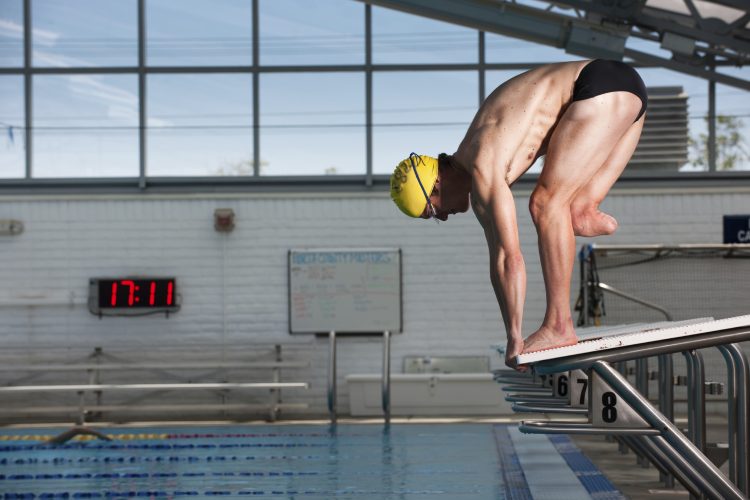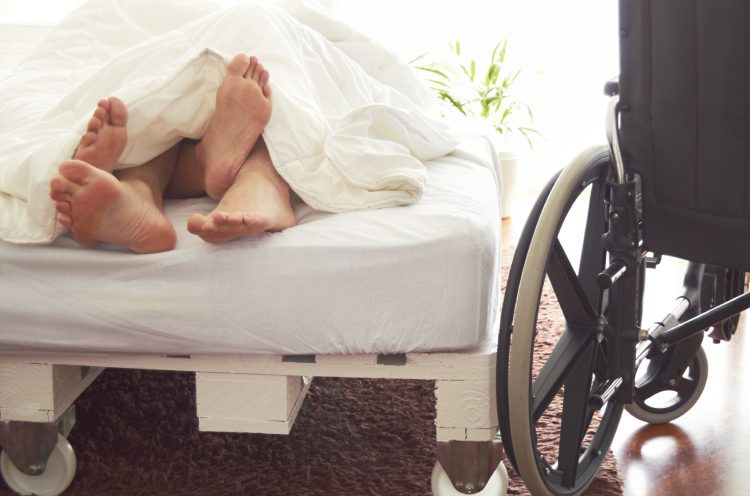- Home
- |
- About us
- |
- News and Events
- |
- Resources
- |
- Contact
- |
- Donate today
- Shop

Taking steps to address any body image, self-esteem, sexuality and intimacy concerns will assist in reducing these becoming bigger issues in the future.
Remember that you emotional health is just as important as your physical health. Managing problems and addressing concerns sooner rather than later is an important part of your recovery process.
Following an amputation, individuals are often concerned about their appearance and how this will impact on family, friends and others. As human beings, we all think about how we look and how others see us. Even though your body has changed physically, it’s important to remember that you are still the same person inside. Focus on learning new ways of doing things you enjoyed before.
As an amputee, you not only have to deal with changes in how your body works and feels, but also how it looks. The more you focus on what is missing, not just the limb but also the things you could do before, the more likely you are to become sad, depressed and angry. It is natural to feel this way in the early days, but the more you can do to positively address your concerns the easier the adjustment will be.
Naturally, amputation may affect your self-confidence, which plays a significant role in retaining existing relationships, building new ones and dating. Amputees often worry about how people will perceive them or that others will stare, ask inappropriate questions or treat them as a lesser person. If someone asks a question or makes an inappropriate comment, point out why it troubles you or find it offensive. Hopefully they will understand.
If you are learning to use a prosthesis, your body image is likely to change once you feel more comfortable with your new limb. You will notice this when you begin to feel lost without it. Equally, if you are a wheelchair user you will generally find that over time any body image issues related to this new identity will start to reduce.

Intimacy and sexual expression are an important part of most people’s wellbeing. Many changes can occur within your private life when you are affected by injury, illness or disability. Changes may be both physical and psychological. For example, you may be feeling tiredness and have a reduced desire for intimacy. You may also struggle with fears of rejection by your loved ones.
Sexuality, sexual desire and sexual functioning can be affected after amputation, and in turn have a significant impact on your quality of life, health and wellbeing. Unfortunately, mainly due to embarrassment. We often don’t receive or access help in this area of our health. Even if you feel embarrassed or uneasy, it is important that you seek assistance if you experience any sexual health concerns.
A Practical Guide for Amputees discusses sexual health and intimacy in more detail, and don’t forget there are specialist health professionals you can go to if you find you experiencing any difficulties.

After an amputation friends and family members often go through their own sense of grief and loss as well, and it can often trigger a wide mix of emotions. Limb loss is a major change for everyone. Like you, they may feel sad, angry, a sense of grief, worried and are not sure of what questions to ask. All of this is normal and will generally subside over time.
You may find that family members and friends will try to do things for you and often have your best intentions at heart. On occasions this can be frustrating, especially when you are trying to re-learn, or learn new, ways of doing things for yourself.
Try not to get frustrated with anyone you think is being too helpful, usually they are just trying to assist in the best way they know how. Explain your situation to them and let them know what you are trying to achieve independently. Let people in your life know that it’s important for you to learn to do things for yourself, even if it takes longer for you to do certain tasks. Like anything, it’s a process and important for friends and family to be supportive and understanding.
If family and friends are struggling with adjusting to your limb loss remind them that emotional support from health professionals is available to them.
Talk to the people in your life about how you are feeling. Stay connected to your friends. Share your thoughts with others as this will help you to deal with the changes of how your body looks and feels.
Keep up to date with our latest news, events and information